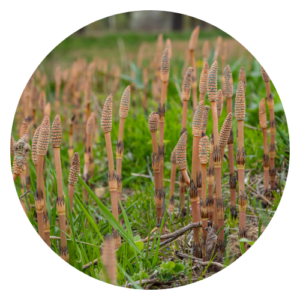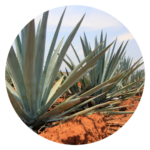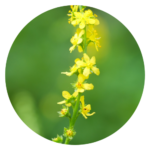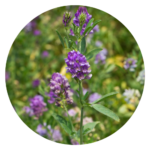Horsetail | Equisetum spp.
Horsetail is a mineral-rich herb valued for its tissue-strengthening, diuretic, and wound-healing properties. It supports bone, skin, hair, nail, and urinary health through its high silica content and restorative actions.
Amazon Options
Optional product links for general wellness and educational exploration.
Find Supplements As an Amazon Associate, we may earn from qualifying purchases.




